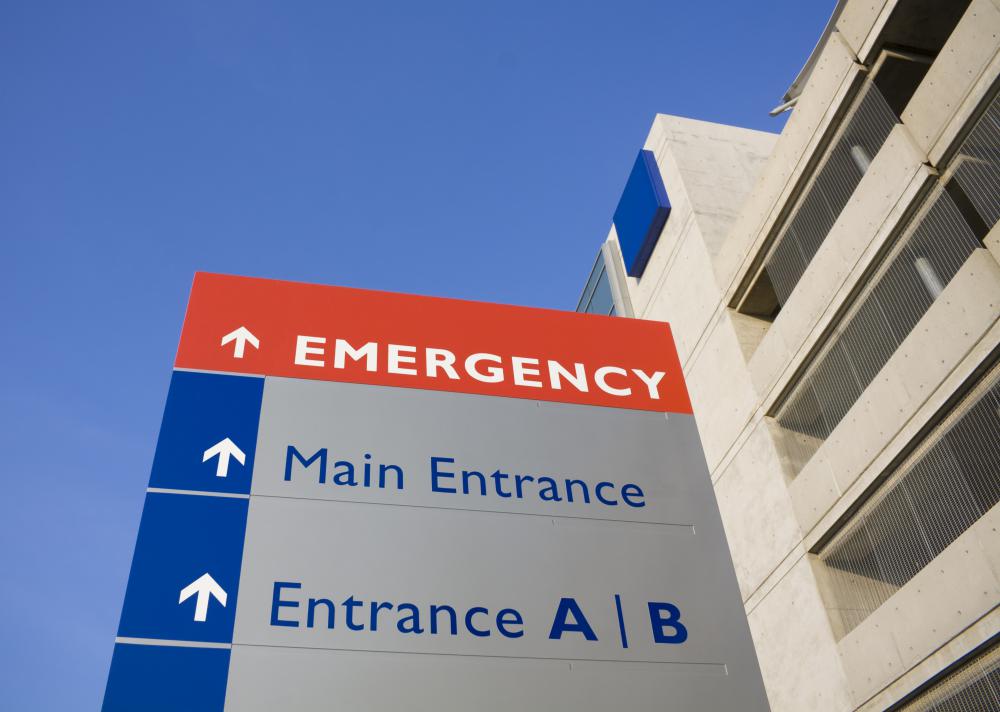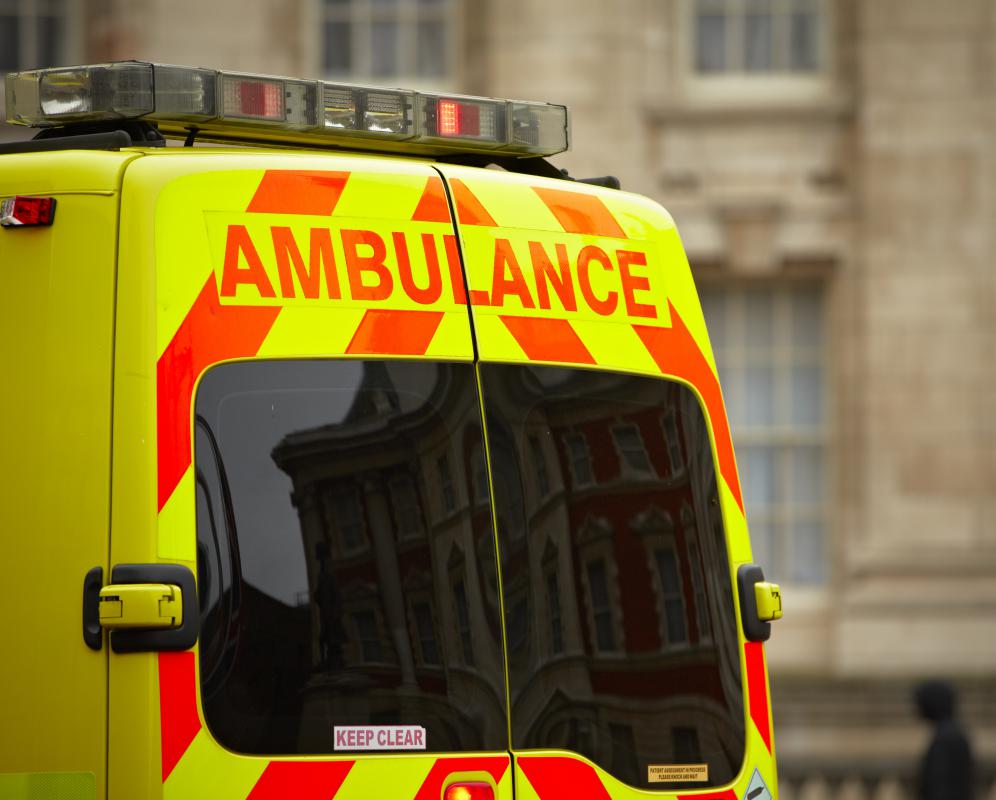At WiseGEEK, we're committed to delivering accurate, trustworthy information. Our expert-authored content is rigorously fact-checked and sourced from credible authorities. Discover how we uphold the highest standards in providing you with reliable knowledge.
What is Cardiogenic Shock?
Cardiogenic shock is a medical term used to describe a situation where the heart muscle is too weak to pump enough blood through the body to support the body’s needs. The most common reason that a person may develop cardiogenic shock is as a side effect of suffering a massive heart attack. Although not all heart attack victims suffer from cardiogenic shock, the majority of people who suffer from this shock are heart attack patients. In fact, cardiogenic shock is the leading reason for death after a heart attack.
Blood carries oxygen to the various organs of the body. When the organs don’t receive enough blood, they also don’t receive enough oxygen. This lack of oxygen is what leads to real danger. Without sufficient oxygen, the organs in the body are damaged and this can eventually lead to organ failure. Prompt medical treatment is necessary to prevent long-term health problems or even death.

The symptoms that someone may be experiencing cardiogenic shock are confusion, rapid breathing, a loss of consciousness, rapid heartbeat, a weak pulse, sweating, loss of coloring, and cold hands or feet. These symptoms indicate a medical emergency, and a person suffering from them should call an ambulance or go to the closest emergency room immediately. Someone that develops cardiogenic shock has a 50% chance of survival.

Once in the hospital, there are a variety of treatments that the doctor may perform to decrease organ damage and increase the odds of survival. There are devices that can be surgically implanted to help treat this condition. The medical device helps to increase the pressure in the blood so that it is better able to reach the vital organs of the body.

Cardiogenic shock is a serious health condition. In the past, a patient that developed cardiogenic shock faced certain death. Advances in health care have increased the odds of survival, but recovery is still a long process and not guaranteed. Prompt medical treatment is vital, so travel to the nearest emergency room. Once the patient’s condition is assessed they may be transferred to a hospital that specializes in heart conditions.
AS FEATURED ON:
AS FEATURED ON:

















Discuss this Article
Post your comments